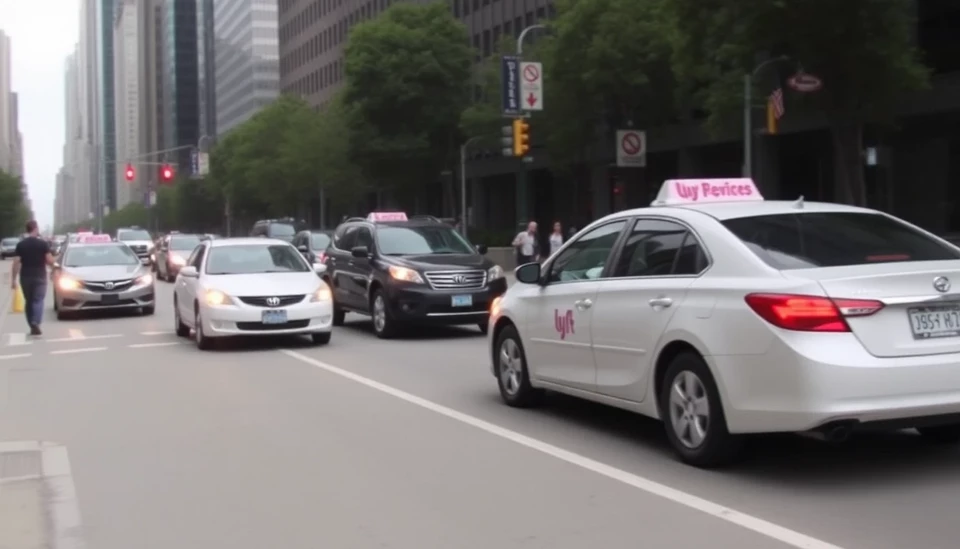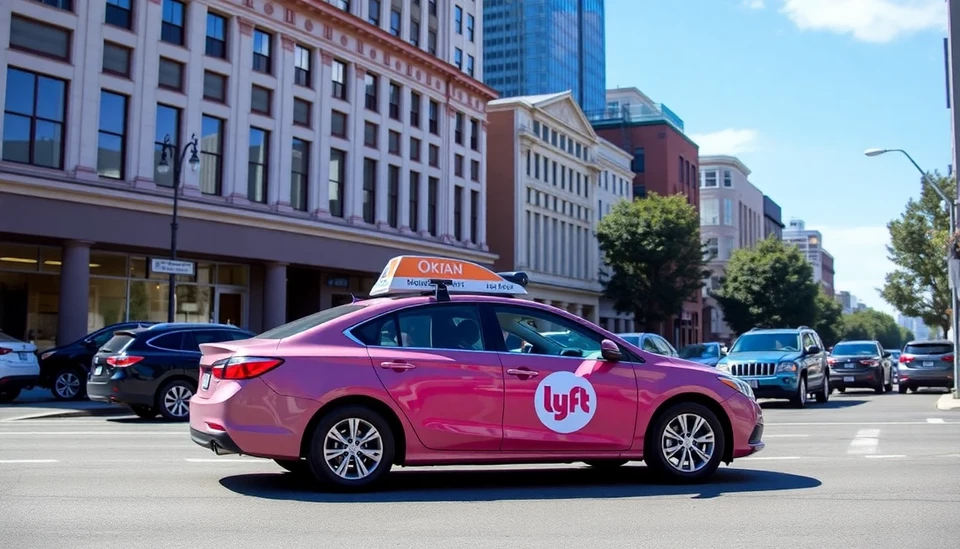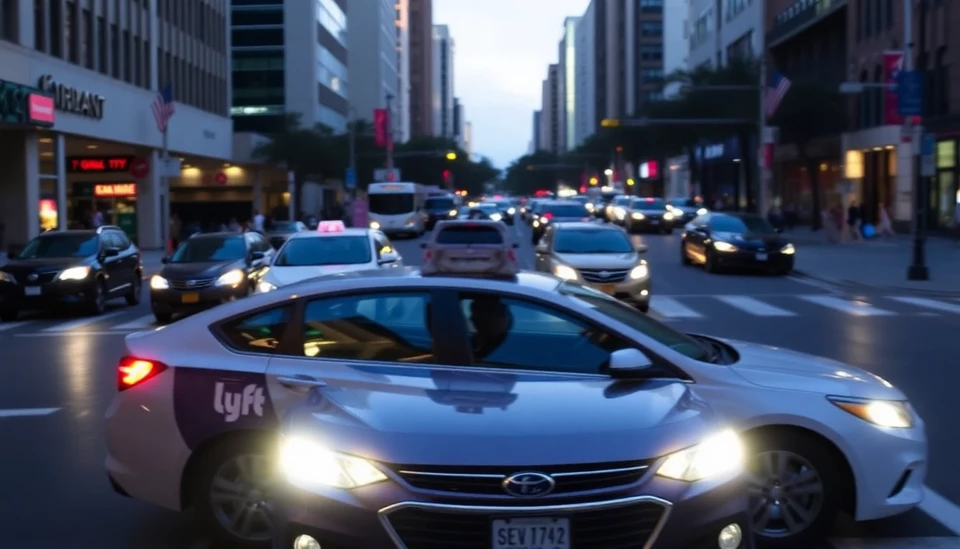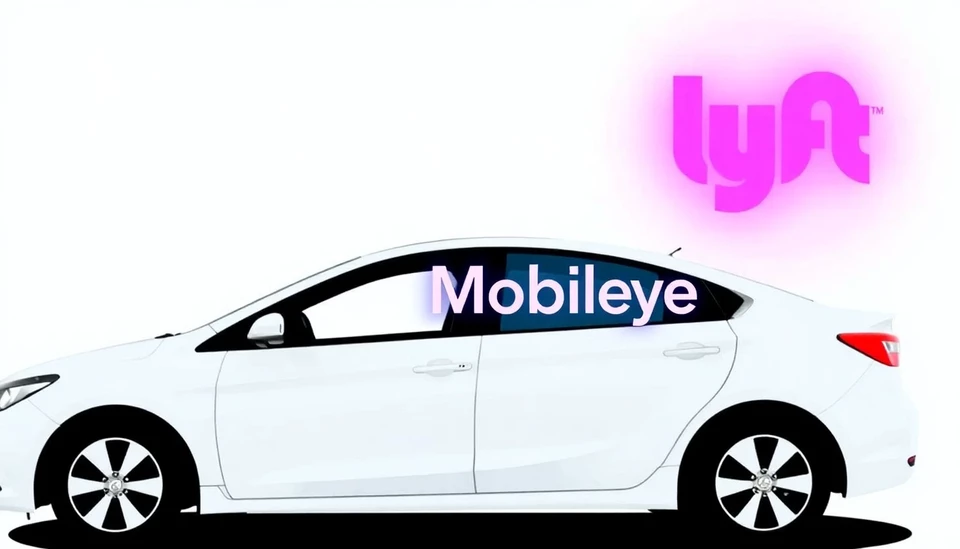
In an assertive move, Lyft is calling on its users in Chicago to actively lobby the city council against a proposed tax that would significantly impact ride-sharing services. The tax, set to be discussed in the upcoming city council meeting, is positioned as a means to generate additional revenue for the city but has raised concerns among both drivers and riders regarding its potential economic ramifications.
The proposal includes an increase in ride-sharing taxes, which Lyft argues could lead to higher fares for consumers. The ride-sharing giant has initiated a campaign, encouraging its riders to contact local representatives and voice their opposition to the tax. Lyft emphasizes the message that increased costs could drive users away from ride-sharing platforms, making it more challenging for residents to access affordable transport options.
Lyft's initiative highlights the growing tensions between city governments and the ride-sharing industry as cities grapple with ways to fund public services in a post-pandemic world. The ride-sharing company is leveraging its platform to mobilize users, fostering a community effort to resist the tax measures that would adversely affect millions of riders in Chicago.
The city council's deliberation comes in light of financial pressures faced by local government amid rising inflation and economic recovery challenges. However, Lyft argues that imposing additional taxes on ride-sharing is not the solution, suggesting that such measures could hinder the industry's growth and accessibility.
As the city council prepares to deliberate, Lyft has been proactive in rallying support, disseminating information through social media channels, emails, and notifications within their app. They are urging Chicagoans to share their stories about how ride-sharing services have positively impacted their lives and how a tax increase could disrupt this essential mode of transport.
Community response to Lyft's campaign will be crucial in shaping the outcome of the city council's decision. The company aims to create a collective voice, showcasing how such tax policies can disproportionately affect low-income riders who rely on affordable transportation.
The outcome of this initiative remains to be seen, but it reflects a significant moment for the ride-sharing community in Chicago. Lyft’s appeal not only seeks to protect its business interests but also underscores the importance of considering the wider implications that taxation policies can have on urban mobility and accessibility.
As the city council meeting approaches, riders are urged to take part in this advocacy effort, making their voices heard in a decision that could alter the landscape of transportation in Chicago.
In a broader context, the discussion surrounding ride-sharing taxes is part of an ongoing debate about how to balance municipal needs with the operational realities of gig economy companies. The outcome could set a precedent for similar measures across other U.S. cities facing comparable financial dilemmas.
For now, Lyft is standing firm in its opposition to the proposed tax, advocating for the interests of its users while navigating the complexities of urban governance and economic viability.
As Chicago prepares for this crucial vote, it remains to be seen how effective Lyft's mobilization efforts will be in influencing the decision at city hall.
#Lyft #Chicago #RideSharing #TaxProposal #Transportation #CityCouncil #Advocacy #CommunityAction #GigEconomy
Author: Victoria Adams




